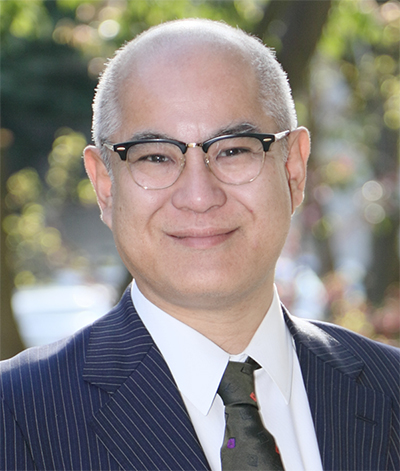
Research Activities
Research Activities
Principal Investigators
Dept. of Life Science Frontiers
Yoshiya Kawaguchi (Professor)

Yoshiya Kawaguchi M.D., Ph.D.
- Research Progress in FY2024
- Contact: kawaguchi-g*cira.kyoto-u.ac.jp
- Please change * to @
Research Overview
The two main strands in the medical application of iPS cells involve the creation of functional cells for (1) use as transplant material and (2) use as a tool in drug development. Both purposes require an understanding of the mechanism of human organogenesis. In Europe and North America, human fetal tissue is used for research. However, given the ethical issues and the limitations of practical experimental methods, human iPS cells offer a useful tool for developmental research.
In the process of organogenesis, cell differentiation proceeds in parallel with changes in the three-dimensional tissue structure. During this dynamic structural remodeling, cells are thought to communicate with each other as they undergo qualitative changes. Similarly, in adult organs, cells that have been stressed and whose functions have declined can emit a "help signal," causing surrounding cells to respond. This mechanism helps to maintain the function and tissue structure of the organ.
If this mechanism fails, it could potentially lead to diseases. Notably, there are similarities between cell behavior during regeneration, aging, and cancerization of adult organs and in developmental stages, causing phenomena such as maintenance and destruction of three-dimensional tissue structures. Therefore, insights gained by developmental research using iPS cells, especially the mechanistic elucidation of how three-dimensional tissue structures form, have the potential to create new medical technologies.
Using iPS cells as a powerful tool, we seek to fully understand the organogenesis mechanism of the digestive tract, pancreas, liver, lung, and other endodermal organs.
























